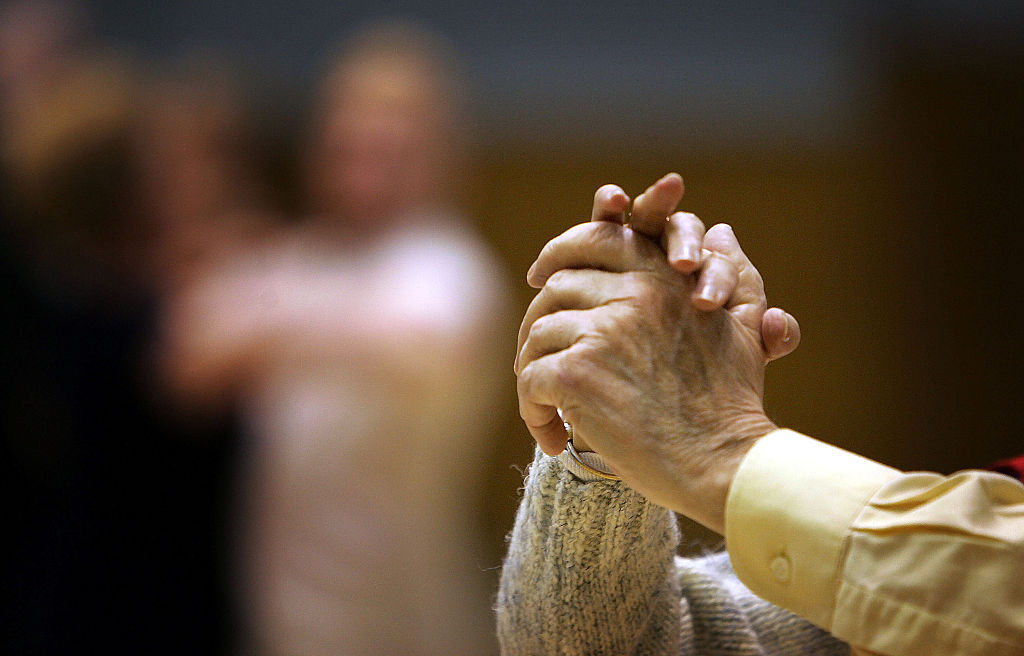Global policymakers have recognized the importance of effectively regulating and governing artificial intelligence (AI) and are in need of a reliable and independent source to provide guidance on the risks and opportunities associated with AI. In response to this, two AI experts, Mustafa Suleyman and Eric Schmidt, have proposed the establishment of an International Panel on AI Safety (IPAIS), inspired by the Intergovernmental Panel on Climate Change (IPCC).
The IPAIS aims to offer regular assessments of AI’s scientific foundations, its current and future impacts, potential risks, and strategies for mitigation and adaptation. The IPCC has set a precedent for providing policymakers with authoritative scientific evaluations that guide decision-making on global issues.
Suleyman, Schmidt, and a group of co-authors outlined their proposal in an opinion piece, stressing the need for a similar entity for AI that can provide policymakers with the knowledge and guidance necessary to make informed decisions about AI’s role in society. The primary function of the IPAIS would involve collecting and analyzing existing research and assessments from various sources, including academic institutions, industry associations, civil society organizations, and government bodies.
The panel would track AI’s status, progression, advantages, and challenges, while also establishing standardized reporting and disclosure protocols for AI systems. It would address crucial questions related to different AI models, their strengths and weaknesses, technical specifications, ethical considerations, societal and economic implications, legal and regulatory concerns, utilization patterns, and the pace of their evolution.
The IPAIS would also develop best practices and principles for the safe development and deployment of AI. Its unique strength lies in its commitment to impartiality and independence, avoiding conflicts of interest that may arise from a more interventionist role. By focusing on deep technical comprehension of AI’s capabilities and trajectories, the IPAIS aims to be globally inclusive, cost-effective, and untethered to any specific national or corporate interest.
The authors emphasize that trust, knowledge, expertise, and impartiality are crucial for effective and rational AI regulation and safety. They argue that creating an independent scientific consensus is essential in understanding AI’s current capabilities and ensuring its safety. The concept of the IPAIS has now ripened for action.
In conclusion, the proposal to establish an International Panel on AI Safety aims to provide policymakers with reliable and independent assessments of AI’s risks and opportunities. Inspired by the IPCC, the IPAIS would collect and analyze existing research to track AI’s progression, establish reporting protocols, and develop best practices for AI’s safe development and deployment. The panel’s commitment to impartiality and independence is seen as crucial for effective AI regulation and safety.

I have over 10 years of experience in the cryptocurrency industry and I have been on the list of the top authors on LinkedIn for the past 5 years. I have a wealth of knowledge to share with my readers, and my goal is to help them navigate the ever-changing world of cryptocurrencies.




